In 2007, Netflix was thriving.
Its DVD-by-mail subscription service was a hit. No late fees, no long queues. Millions of envelopes zipped across America every week. It was clean, scalable, predictable — everything investors love.
Most CEOs would’ve doubled down.
But Reed Hastings looked at that success and asked, “What’s going to kill us?”
His answer wasn’t competition.
It was the internet — and how fast it was changing consumer habits.
The story of Netflix’s transformation didn’t begin with tech. It began with discomfort.
Reed had been noticing small shifts. People were watching more videos online. Bandwidth was improving. Patience was shrinking. The idea of waiting two days for a disc was starting to feel… dated.
o he made a quiet decision:
Start building a streaming platform, even if it meant cannibalizing their own core product.
That’s not a normal CEO move.
It’s one thing to pivot when your company’s bleeding.
It’s another to do it when the market loves you.
But that’s exactly what Netflix did.
While competitors clung to their old models, Netflix bet on a future that hadn’t arrived yet — and started building toward it.
And it wasn’t seamless.
For years, they ran two businesses in parallel. DVDs were profitable. Streaming wasn’t.
There were internal debates. Technical constraints. Licensing headaches.
But the vision was clear: people wouldn’t need discs forever. And when that moment came, Netflix would be ready.
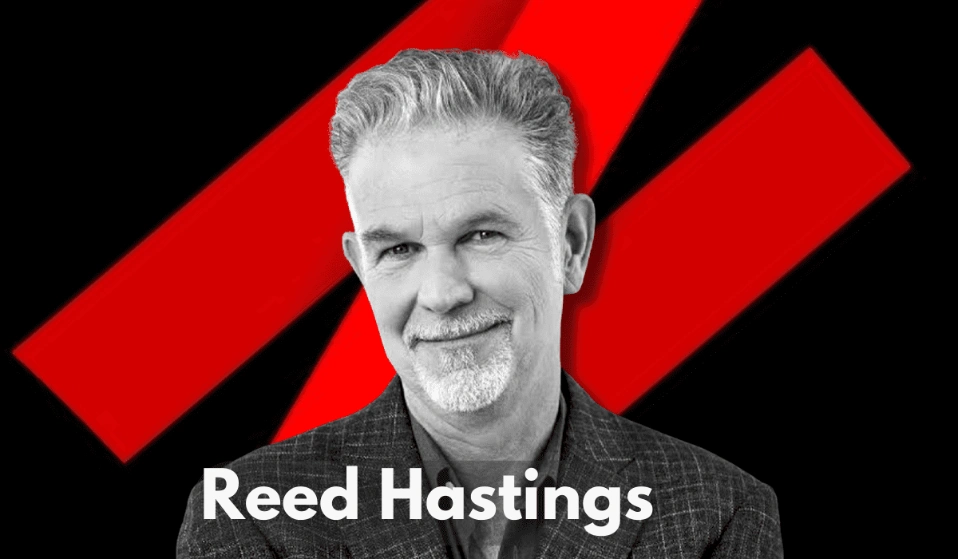
When Blockbuster finally collapsed in 2010, people called it a disruption story.
But it wasn’t just disruption. It was discipline.
The discipline to let go of what’s working to build what will work better.
That kind of foresight doesn’t show up on spreadsheets.
It comes from listening — to the market, to behavior, to intuition.
Reed Hastings wasn’t chasing innovation for the sake of it.
He was chasing alignment with what people were truly beginning to value: ease, speed, access.
Netflix didn’t win because it had better tech.
It won because it paid attention earlier, acted calmly, and was willing to risk short-term comfort for long-term relevance.
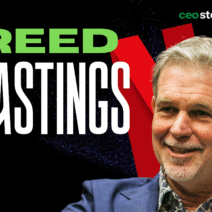

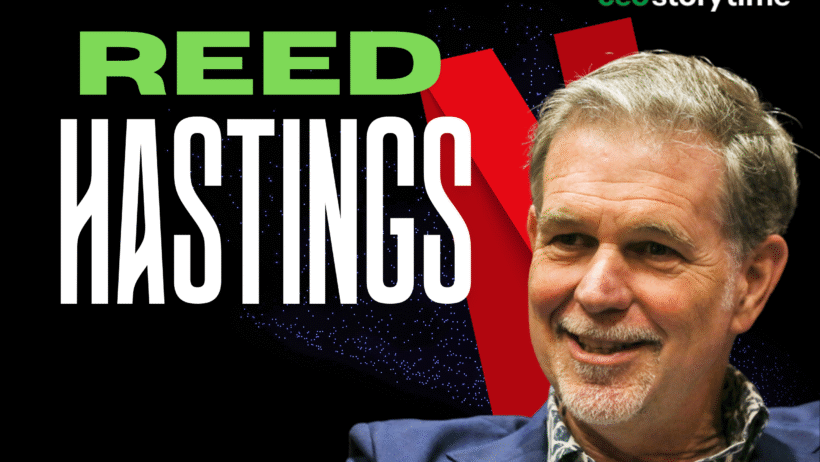
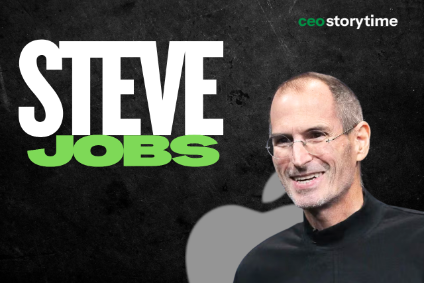
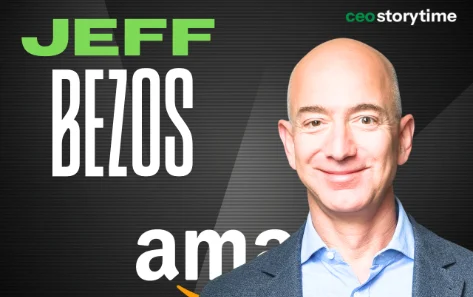
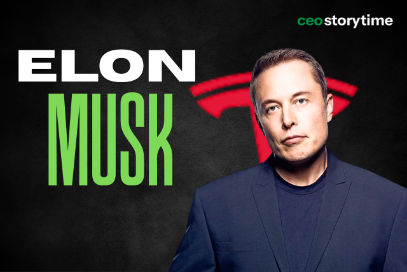
Really enjoyed reading this! It felt personal but also super easy to relate to. Looking forward to more posts like this.
Thanks a lot! Glad it connected with you — I’ve got a few more posts lined up, so stay tuned!
This was a great read — simple, honest, and well-written. Always nice to come across blogs like this.
I like how real and thoughtful this post was. It made me reflect a bit too. Keep it up!
That means a lot — it’s always great to hear when something I write gets someone thinking. Thanks for the kind words!